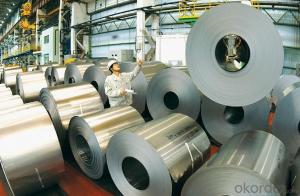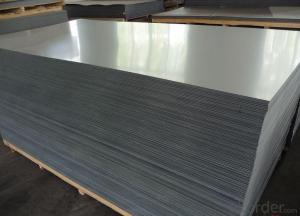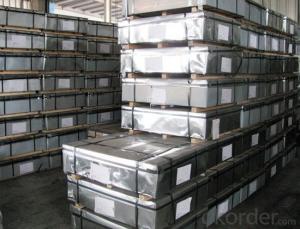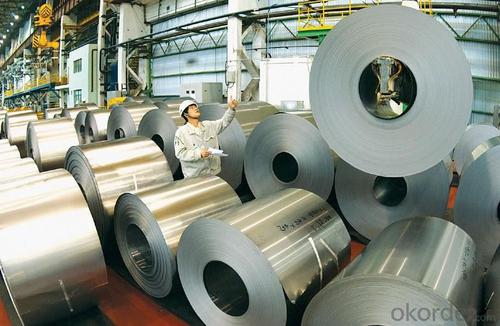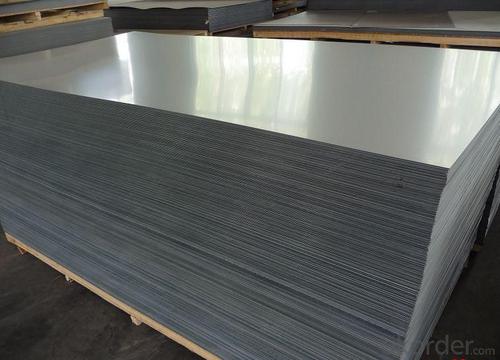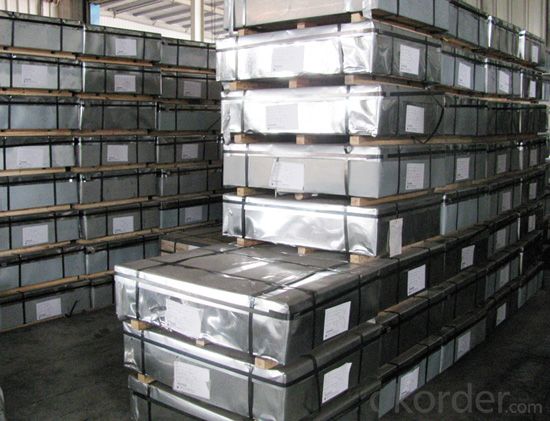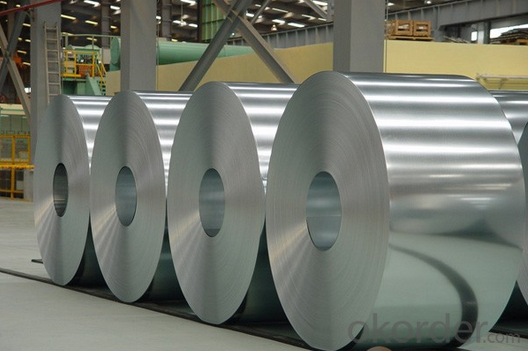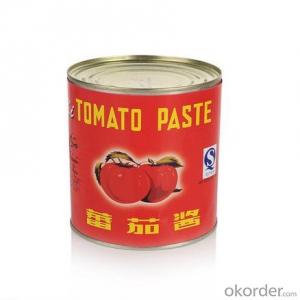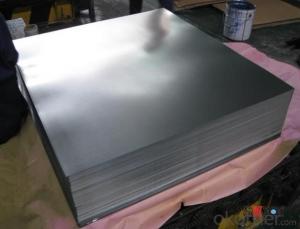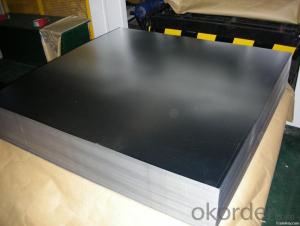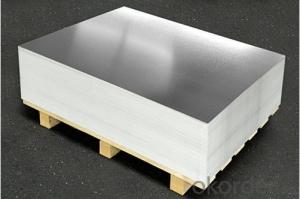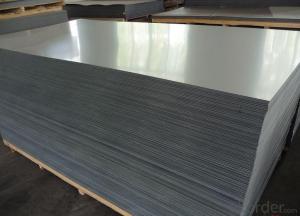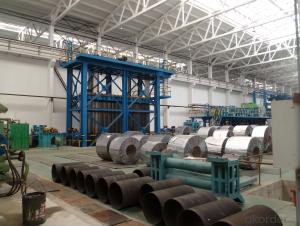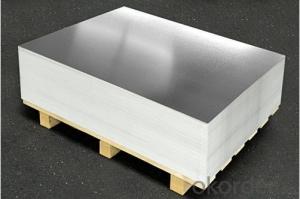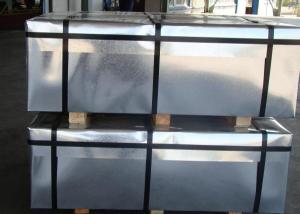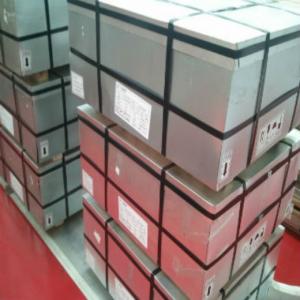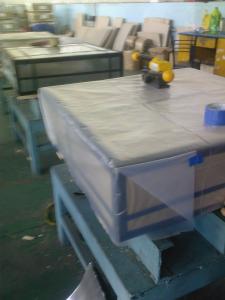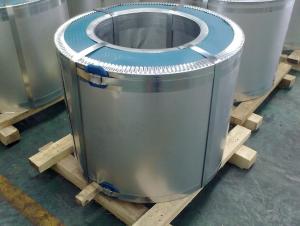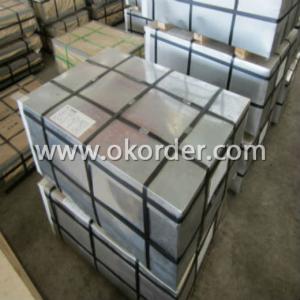Electrolytic Tinplate in Sheets for Cans Packing in good price
- Loading Port:
- Tianjin
- Payment Terms:
- TT OR LC
- Min Order Qty:
- 25 m.t
- Supply Capability:
- 7000 m.t/month
OKorder Service Pledge
OKorder Financial Service
You Might Also Like
1.Structure of Electrolytic Tin Plate Coils and Sheets for Foods Metal Packaging Description
Due to Tinplate packaging`s good seal, nature, dark, robustness and unique decorative metal charm, it has a wide range of coverage in the packaging container industry,and common international packaging varieties. With a variety of CC tinplate material, DR materials, chrome plated and constantly enrich and promotion and development of packaging products and technology, tinplate packaging has promoted with innovation.
Because of its strong antioxidant and diverse styles, beautifully printed, tinplate containers are very popular and loved by customers, and they are widely used in food packaging, pharmaceutical packaging, commodity packaging, instrumentation, packaging, industrial packaging and so on.
With the continuous improvement of tinplate printing technology and processing technology, tinplate packaging has developed more widely.
2.Main Features of the Electrolytic Tin Plate Coils and Sheets for Foods Metal Packaging
Appearance – Electrolytic Tin Plate is characterized by its beautiful metallic luster. Products with various kinds of surface roughness are produced by selecting the surface finish of the substrate steel sheet.
Paintability and printability – Electrolytic Tin Plates have excellent paintability and printability. Printing is beautifully finished using various lacquers and inks.
Formability and strength – Electrolytic Tin Plates have got very good formability and strength. By selecting a proper temper grade, appropriate formability is obtained for different applications as well as the required strength after forming.
Corrosion resistance – Tinplate has got good corrosion resistance. By selecting a proper coating weight, appropriate corrosion resistance is obtained against container contents. Coated items should meet 24 hour 5 % salt spray requirement.
Solderability and weldability – Electrolytic Tin Plates can be joined both by soldering or welding. These properties of tinplate are used for making various types of cans.
Hygienic – Tin coating provides good and non toxic barrier properties to protect food products from impurities, bacteria, moisture, light and odours.
Safe – Tinplate being low weight and high strength makes food cans easy to ship and transport.
Eco friendly – Tinplate offers 100 % recyclability.
Tin is not good for low temperature applications since it changes structure and loses adhesion when exposed to temperatures below – 40 deg C.
3.Electrolytic Tin Plate Coils and Sheets for Foods Metal Packaging Images
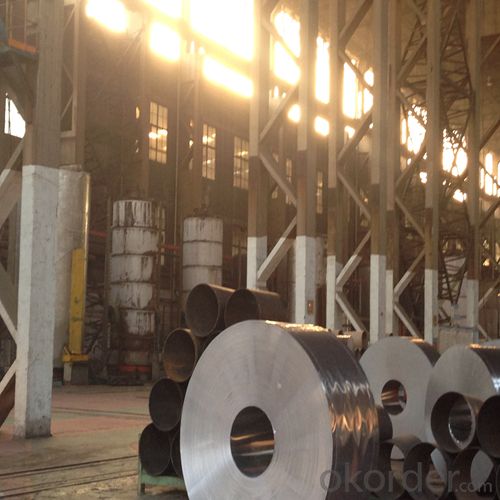
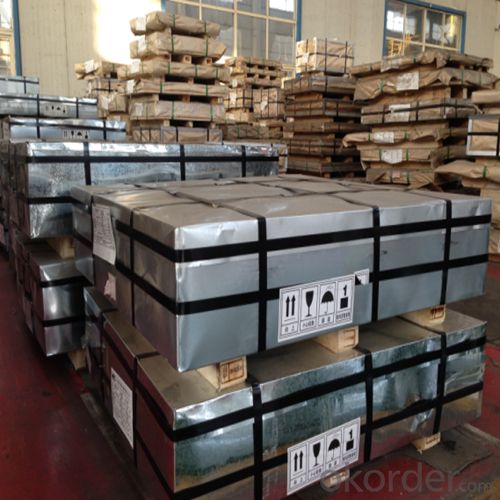
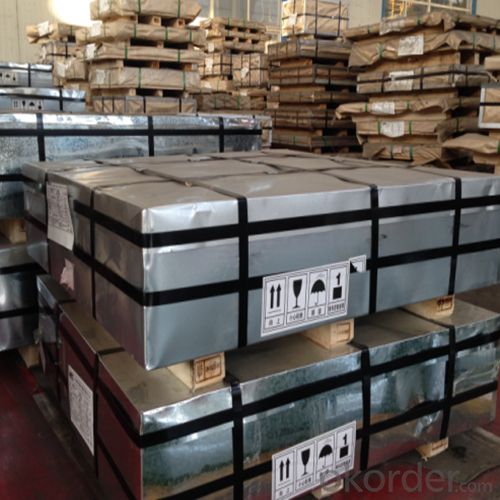
4.Electrolytic Tin Plate Coils and Sheets for Foods Metal Packaging Specification
Standard | ISO 11949 -1995, GB/T2520-2000,JIS G3303,ASTM A623, BS EN 10202
|
Material | MR,SPCC |
Thickness | 0.15mm - 0.50mm |
Width | 600mm -1150mm |
Temper | T1-T5 |
Annealing | BA & CA |
Coil Inner Diameter | 508mm |
Weight | 6-10 tons/coil 1~1.7 tons/sheets bundle |
Passivation | 311 |
Oil | DOS |
Surface | Finish,bright,stone,matte,silver |
5.FAQ of Electrolytic Tin Plate Coils and Sheets for Foods Metal Packaging
-What your tinplate material is used for ?
Tinplate is widely used for the packaging of products. Such as food cans,
beverage cans, pet cans, closures, general line cans and so on.
Printed Tinplate is offered!!
-How to place .an order or contact you ?
Please send us Email. we will give you a quick response in seconds .
- How is your quality ?
All our quality is prime even the secondary quality . We have many years experience
In this field with serious quality control standard . Advanced equipment, We welcome your visit to our factory .
- Q: What are the main challenges in tinplate warehousing?
- One of the main challenges in tinplate warehousing is the fragile nature of the product. Tinplate is susceptible to scratching, denting, and corrosion, so careful handling and storage procedures are necessary to prevent damage. Additionally, due to its relatively low melting point, tinplate requires proper temperature and humidity control to avoid deformation or discoloration. Lastly, tinplate is often packaged in large and heavy rolls, making logistics and space utilization critical challenges in warehousing operations.
- Q: What are the common misconceptions about tinplate packaging?
- One common misconception about tinplate packaging is that it is not environmentally friendly. While tinplate is made from steel, which is a finite resource, it is highly recyclable and can be reused multiple times without losing its quality. Additionally, tinplate packaging has a long shelf life, reducing the need for frequent replacement. Another misconception is that tinplate packaging is easily damaged or dented. However, modern manufacturing techniques have made tinplate packaging highly durable and resistant to external pressures, ensuring the protection of the products inside.
- Q: What are the characteristics of different tin process
- Shapes: tinplate cans can be made into various shapes according to different needs, such as cans, cans, cans, circular elliptical horseshoe and trapezoid etc, can satisfy the different needs of product packaging, and the packaging container more change, promote sales. 6. recyclable: in line with international environmental requirements, in line with future product trends.
- Q: How does tinplate affect the taste and quality of food?
- Tinplate, which is a thin sheet of steel coated with a layer of tin, is commonly used in food packaging. It has minimal impact on the taste and quality of food due to the inert nature of tin. This means that tin does not react with the food or alter its flavor. Additionally, tinplate provides a protective barrier against external factors such as light, oxygen, and moisture, thereby preserving the freshness and quality of the food inside the packaging.
- Q: What are the main factors affecting tinplate coil cutting and slitting?
- The main factors affecting tinplate coil cutting and slitting include the thickness and hardness of the tinplate, the quality and sharpness of the cutting tools, the tension and speed of the slitting process, and the expertise and experience of the operators. Other factors may include the cleanliness of the tinplate, the condition and alignment of the slitting machine, and any variations in the tinplate's surface quality.
- Q: How does tinplate impact the overall product design?
- Tinplate impacts the overall product design by providing a versatile and durable material that can be easily shaped and formed into various designs. Its corrosion resistance properties make it suitable for packaging applications, ensuring the product's integrity and prolonging its shelf life. Additionally, tinplate's aesthetic appeal and ability to be printed on enables creative branding opportunities, enhancing the product's visual appeal and marketability.
- Q: How is tinplate used in the automotive industry?
- Tinplate is commonly used in the automotive industry for manufacturing various components such as fuel tanks, exhaust systems, and body panels. It provides excellent corrosion resistance, making it suitable for protecting these parts from rust and other environmental damage. Additionally, tinplate is lightweight yet strong, contributing to fuel efficiency and overall vehicle performance.
- Q: Can tinplate be used for gift packaging?
- Yes, tinplate can be used for gift packaging. It is a versatile material that offers durability and aesthetic appeal, making it suitable for creating attractive and protective packaging for various gift items.
- Q: What are the different ways to stack tinplate cans?
- There are several different ways to stack tinplate cans, depending on factors such as space availability and stability requirements. Some common methods include stacking them in a pyramid shape, where each subsequent layer is slightly smaller than the one below it. Another approach is to stack them in a column, where the cans are placed one on top of the other vertically. Additionally, cans can be stacked in a crisscross pattern, alternating the direction of each layer for added stability. Ultimately, the choice of stacking method depends on the specific needs and constraints of the situation.
- Q: How is tinplate coated with organic materials?
- Tinplate is typically coated with organic materials through a process called lacquering or varnishing. The organic coating, usually a resin-based material, is applied to the tinplate surface in a controlled manner, forming a protective layer that prevents corrosion, enhances durability, and provides a decorative finish.
Send your message to us
Electrolytic Tinplate in Sheets for Cans Packing in good price
- Loading Port:
- Tianjin
- Payment Terms:
- TT OR LC
- Min Order Qty:
- 25 m.t
- Supply Capability:
- 7000 m.t/month
OKorder Service Pledge
OKorder Financial Service
Similar products
Hot products
Hot Searches
Related keywords
